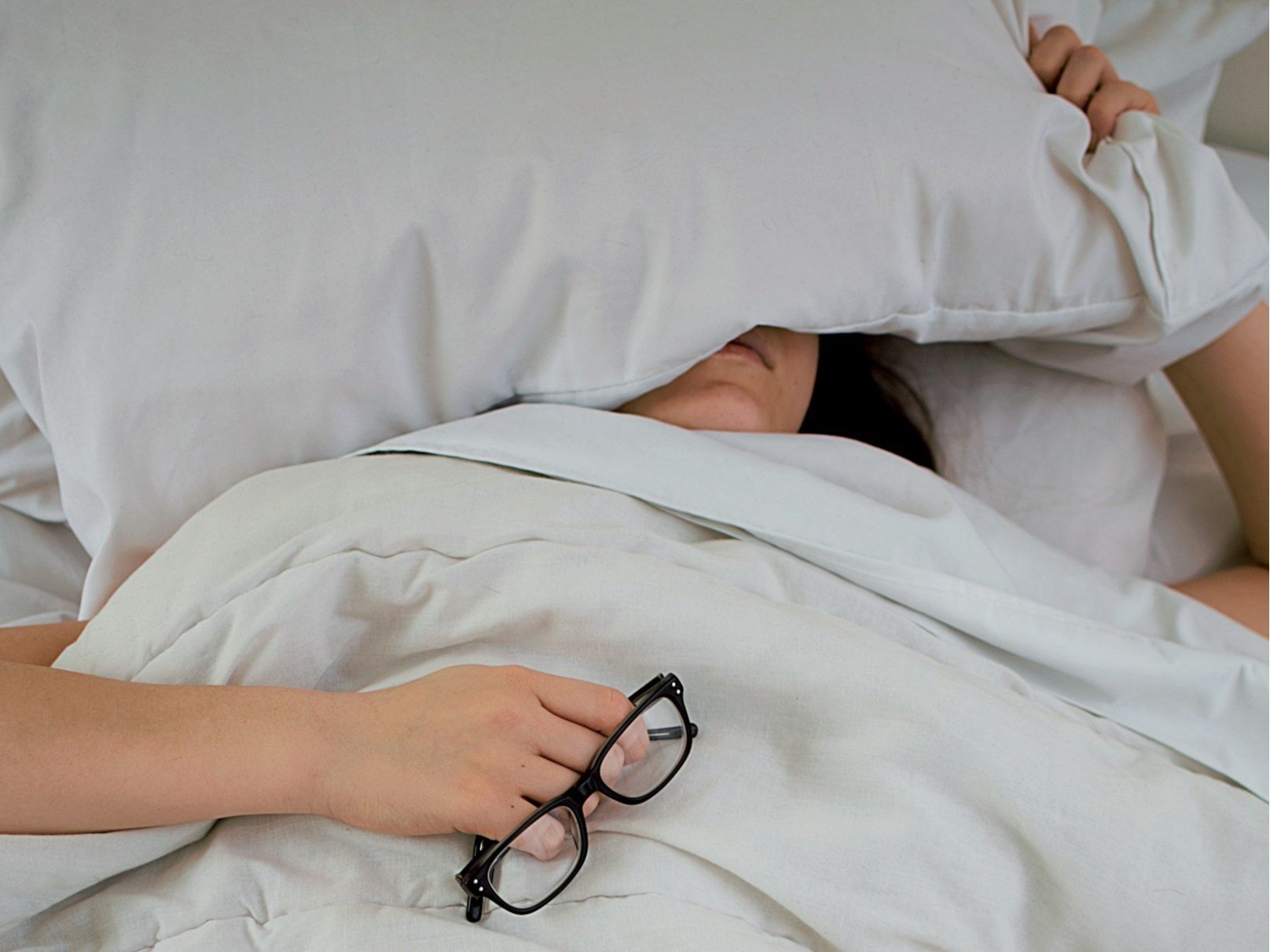Sweet Dreams Are Made of These
Sleep
noun
a condition of body and mind that typically recurs for several hours every night, in which the eyes are closed, the postural muscles relaxed, the activity of the brain altered, and consciousness of the surroundings practically suspended.
3AM is Here Again
For years, on most nights around 3AM, I’d find myself startled awake feeling vaguely anxious and unsettled. Sometimes I’d be a bit queasy. Often, I couldn’t immediately fall back asleep. The gears would start turning and I’d lay awake for hours thinking about my life. These weren’t positive thoughts. These would be about all the things that I had failed to accomplish, or about stressful things I had coming up at work, or about finances not being where I wanted them to be. I’d eventually drag myself into the day already feeling exhausted and stressed out. I’d fantasize about being able to take a nap. The day would play out predictably with me barely feeling like I was holding on until the evening came and I rewarded myself for surviving another day with an adult beverage (or six).
“I didn’t know then what I know now… Alcohol wasn’t the way to relieve stress and sleeplessness, it was the cause of it!”
One thing at a Time
There remains a hugely common misconception that alcohol assists sleep, even though the reverse is true. While alcohol is a depressant and when consumed in larger quantities can result in drowsiness and even unconsciousness, it is also full of carbohydrates which the body access for fast-acting fuel. We cannot metabolize carbs and alcohol at the same time, and our body wisely prioritizes ridding us of the poisonous ethanol, leaving the carbs floating about in the system till a later time. This explains the sudden surge of energy that many drinkers feel in the middle of the night. The body has finally caught up to dealing with all those carbs because it’s no longer in triage mode dealing with alcohol.
Additionally, the body is always trying to keep us in homeostasis, or balance. In the face of a depressant like alcohol, it attempts to bring us back into balance by increasing the production of natural stimulants, cortisol and adrenaline. Our bodies actually overcompensate with these stress hormones which helps us understand the morning after feelings of anxiety and worry. Not exactly conducive to restful sleep!
A New, More Rested Normal
One of the biggest immediate impacts of reducing or eliminating alcohol consumption is the positive impact on sleep. I hadn’t noticed until I stopped drinking how infrequently I dreamed, but since I quit I have epic (and sometimes even instructive) dreams that I missed out on for years. Dreaming is an indication of deep, restorative sleep that our bodies count on to bring us energized into the next day. This REM sleep is essential because it is when our bodies repair, restore, and rejuvenate us for the coming day.
For some people, it can take a little while for their body to adjust to not having the constant presence of alcohol in the system, but for most the positive impacts on your sleep take less than a week to experience. Getting better sleep makes you feel more energized and capapble of dealing with the demands of the day. It’s a gift that improves every aspect of lived experience.
What have been your experiences with sleep as it relates to alcohol or quitting? Let me know by shooting me an email here.
